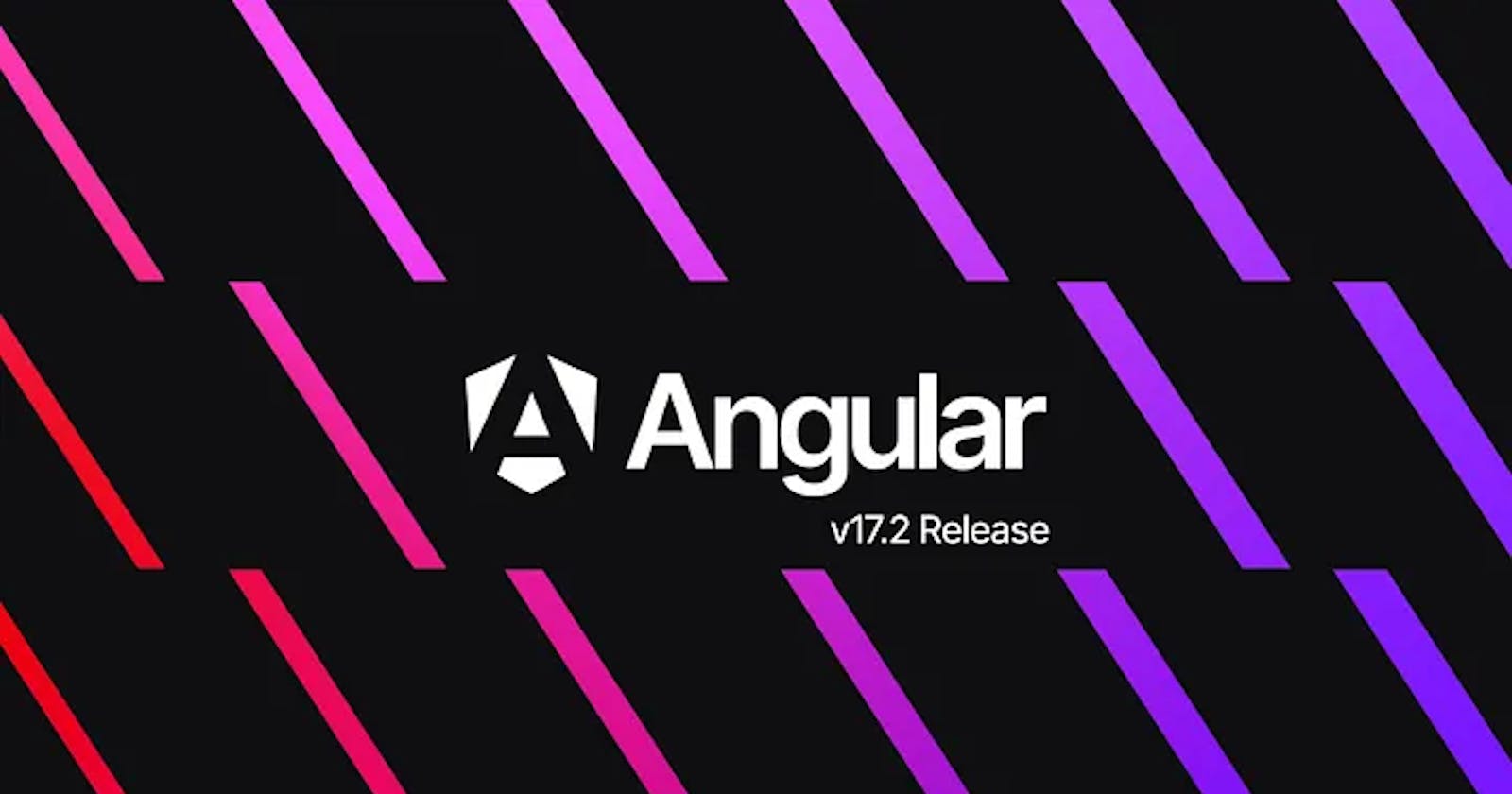It's only been a month since Angular 17.1 was released, and already we have another version.
In this article, we will explore a few features like experimental support for Material 3, signal queries, model inputs, Netlify loader, and hydration debugging support in Angular DevTools.
Experimental Material 3
In this release, Angular has experimental support for Material 3 theming in Angular Material.
The Angular team has been working closely with Google's Material Design team to make this happen.
Material 3 is the most recent version of Material Design, Google's open-source design system. Material 3 for Angular is an alternative theme that is compatible with the same Angular Material components and Sass mixins currently in use.
We will explore more about Material 3 in the following articles.
Improving signals
Since a few versions ago Angular has tried to improve reactivity.
Angular is continuously improving with each version, and developers can try out new features in developer previews. Signals is an example of this.
Signal queries and model inputs are included in this version.
Angular DevTools now supports hydration debugging
Thanks to this improvement, we can now debug Angular DOM mismatch errors.
Angular DevTools now displays the difference between the DOM from the browser and the HTML generated by the server.
Improvements for NgOptimizedImage
The NgOptimizedImage directive was an improvement that enabled us to optimize image management.
You can optimize the image loader with Netlify by using provideNetlifyLoader instead of including an image loader with srcset.
The placeholder attribute can be used to quickly add a blurred image while the actual image loads. This will automatically request a smaller version of the image, blur it, and display it until the full image is ready.
Anything else?
The Angular CLI now supports Bun's package manager and allows for control of the Vite development server prebundling. Additionally, the application builder now supports custom postcss configuration.
Conclusion
Angular continues to release new features and updates frequently, demonstrating a commitment to listening to the community's needs. The upcoming release, Angular 18 in May, is highly anticipated.
What improvements do you anticipate?

